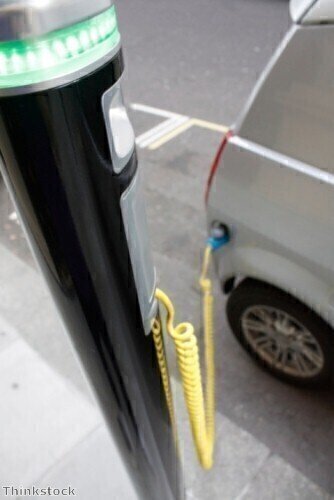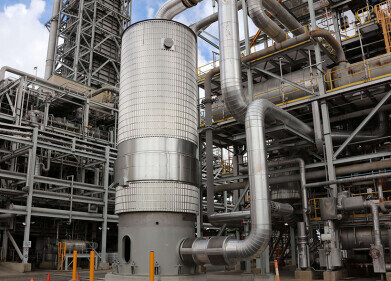-
 Many of the charge-stations are available to the public
Many of the charge-stations are available to the public
Air Clean Up
New charge-stations to meet the increasing demands of electric cars
Apr 26 2013
With the issue of climate change becoming ever more important, more people are opting to purchase electric cars rather than petrol or diesel fuelled vehicles. A £30 million investment in the Plugged in Places (PIP) programme has allowed the installation of around 4,000 charge-points for electric cars across the UK. This is good news for individuals who have purchased - or are considering purchasing - an electric car.
The PIP initiative is funded by the Office of Low Emission Vehicles (OLEV). It was started in order to support the early market for electric cars and to create the first electric vehicle charging infrastructure in the UK. At least 65 per cent of the charge-points are accessible to the public, with over 50 of them being rapid chargers - chargers that are greater than 43kw - allowing people to charge their vehicles faster. In total - of the £30 million invested - £10.7 million has so far been spent on nationwide installations.
It is estimated that up to 5,000 charge-points may have been installed by non-PIP public authorities and private organisations, meaning that the ability to charge electric vehicles could be more widespread than just PIP stations.
With these installations taking place across the UK and electric vehicles growing in consumer popularity, a partnership between Customer-Led Network Revolution (CLNR) and the UK's largest regional electric vehicle network company - Charge Your Car - is hoping to ensure the UK is grid ready. They will be monitoring the energy consumption of the average electric car and collecting data on when and where drivers need to charge their cars.
This is a small part of the CLNR project to find ways for a reduction in the amount of energy used. The project is collecting data from 14,000 homes and businesses spread across the north of England. They are hoping to find more cost-effective ways to meet energy demands, especially as the increase in the use of electric cars will mean a rise in the amount of electricity the country will need to produce.
Events
May 13 2024 Munich, Germany
May 23 2024 Beijing, China
May 23 2024 Beijing, China
Jun 10 2024 Algiers, Algeria
Jun 10 2024 Frankfurt, Germany













